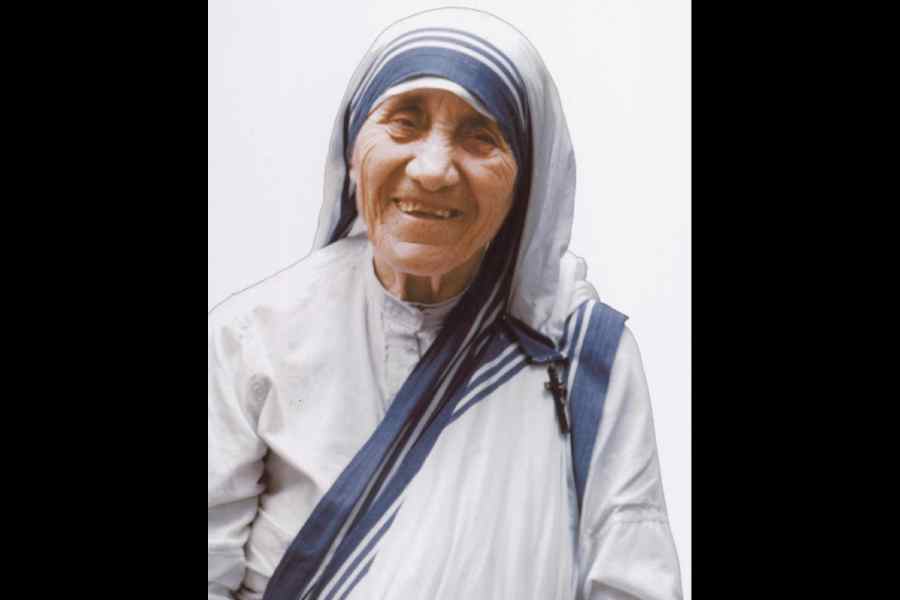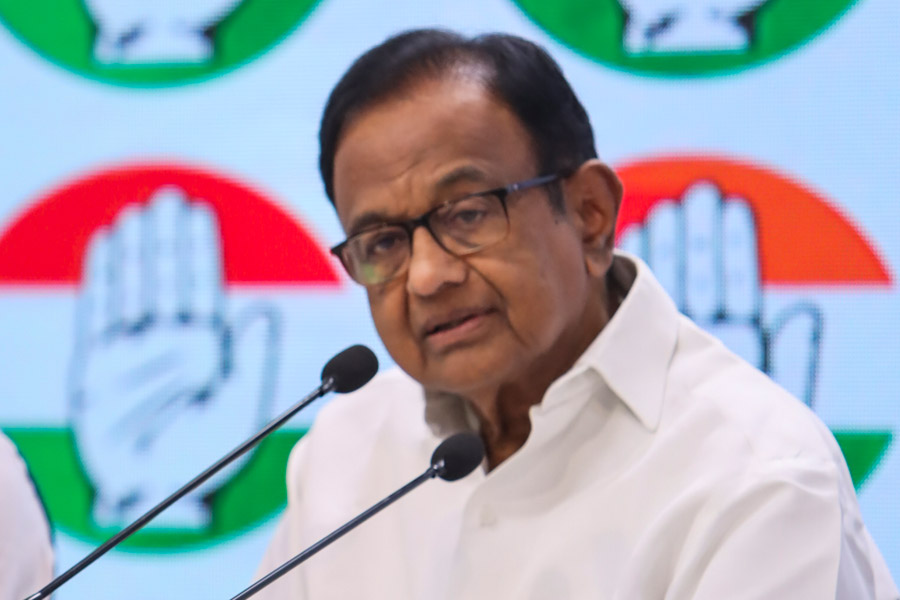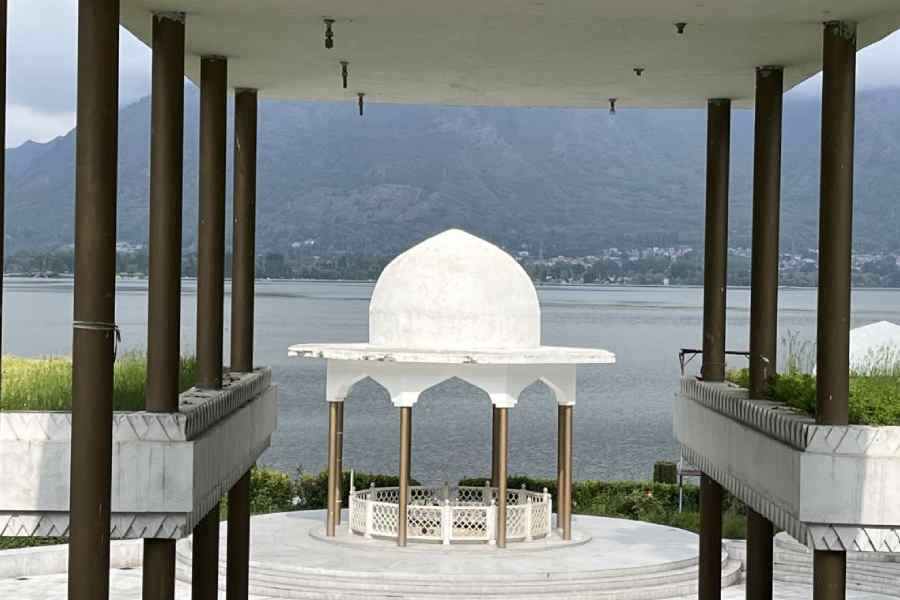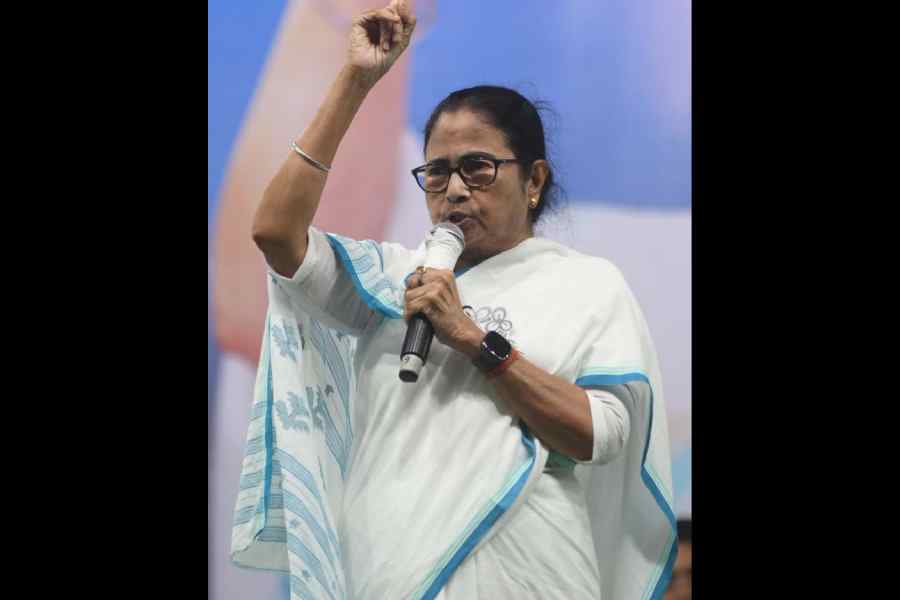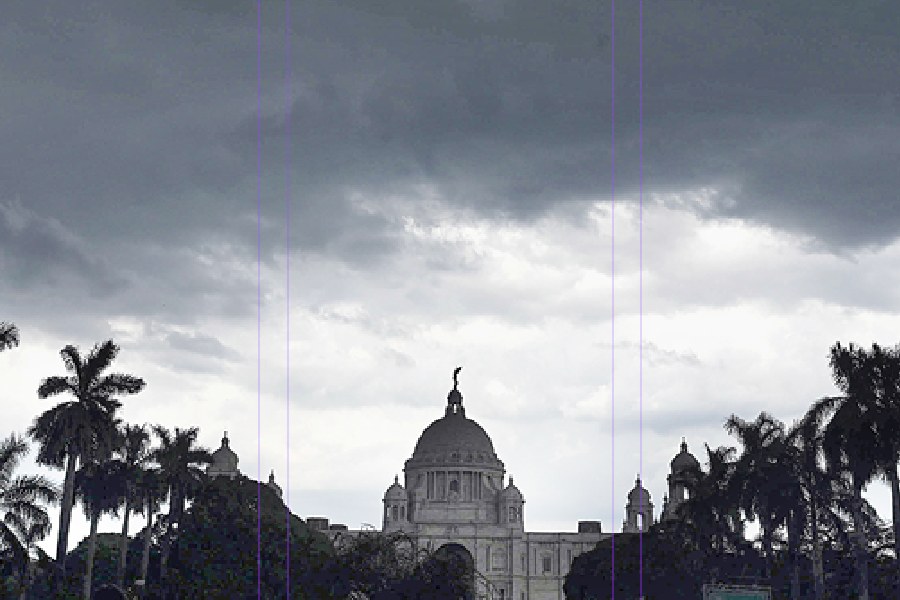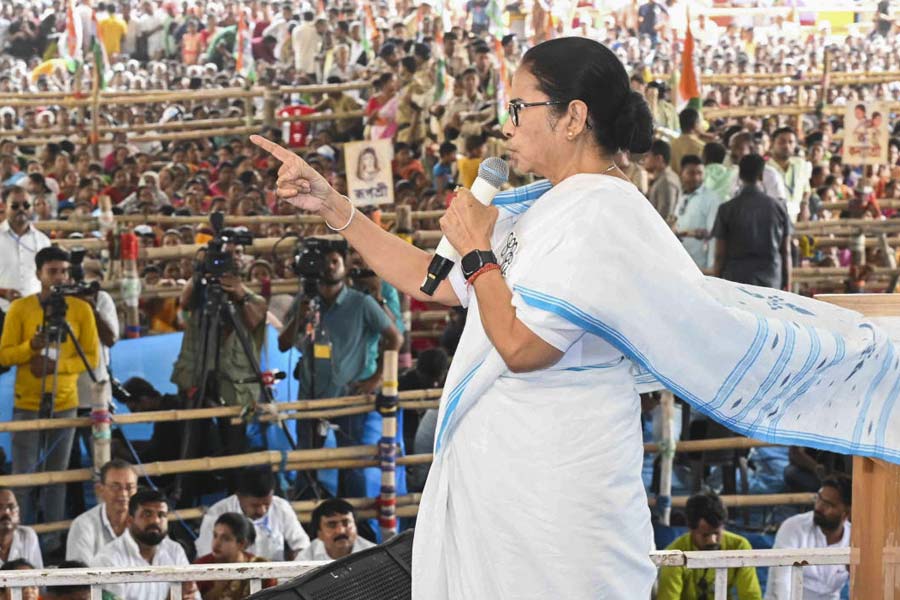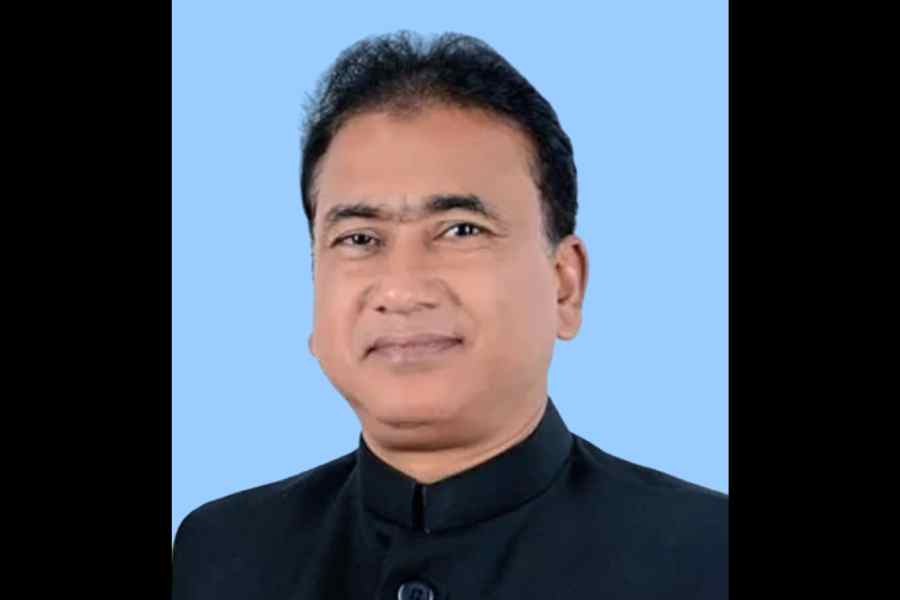Different memories
Have Indians forgotten Mother Teresa? Most definitely not, I am told by Gëzim Alpion, associate professor of sociology at Birmingham University, who has just returned after lecturing on Mother Teresa at IIT Madras and Jesus and Mary College in Delhi. Like Mother Teresa, whom he has studied for decades, Alpion is also Albanian. He has also written books like Mother Teresa: Saint or Celebrity? and Mother Teresa: The Saint and Her Nation.
In 1992, I visited her home in Calcutta with the British press party accompanying Princess Diana. Mother Teresa couldn’t be there because she was taken ill in Rome. But Diana burst into tears when the sisters sang a hymn. At her beatification in Rome in 2003, I realised Mother Teresa didn’t belong to Calcutta at all but to the whole of the Catholic world.
Alpion told me that interest in Mother Teresa remains high but it is different now than when he visited Calcutta, Santiniketan and Delhi in 2005 and 2011. “Teresa continues to unite and divide opinion in India,” said Alpion. “People are courageous enough to express controversial views about [her]. Indian researchers of different ages and academic affiliations are no longer shy or hesitant to express more openly their reservations and even criticism towards Mother Teresa as a person and her work. On the other hand, she is held in high esteem by Indians of various faiths. In my view, Teresa will remain in India and Asia the Vatican’s most important asset since St Xavier five centuries earlier.”
Still going strong
When Sadiq Khan was first elected the Labour mayor of London in 2016, he made headlines around the world. Khan, whose father was a bus driver of Pakistani descent, was the first Muslim to be elected as mayor in any major city in the Western world. His victory was seen as a triumph of a multicultural Britain — and indeed it was. Last week, he was elected mayor for a record third time. Just before the result was declared there were rumours that he had been narrowly beaten by the Tory candidate, Susan Hall, who had fought quite a divisive campaign against him. However, he won convincingly, getting 1,088,225 votes to Hall’s 812,397.
My guess is that Indians, who make up the biggest minority in London, voted solidly for Sadiq. This is because Sadiq has shown great diplomatic skill by not alienating Indians over issues like Kashmir — which most Pakistani-origin representatives do. There was another factor in a Britain whose politics has been poisoned by the Israel-Gaza war. Outside London, many Muslims chose not to support Labour because of the party leader, Keir Starmer, and his decision to back Israel and refusal to call for a ceasefire. In marked contrast, Sadiq was quick to demand an “immediate ceasefire”.
In his victory speech, Sadiq described London as “a city that regards our diversity not as a weakness but an almighty strength and one that rejects right-wing populism. Some of the stuff on social media, the protests by our home, the threats, it’s upsetting, it’s frightening and it’s wrong.” No wonder Sadiq has 24-hour security and has to be ferried around in an armour-plated Range Rover.
A new leaf
The British press has been much kinder to Salman Rushdie ever since the knife attack on him. He has given a series of interviews to promote his new book, Knife: Meditations After an Attempted Murder , and been universally applauded for his defiance in the face of a terrorist outrage.
At the Sunday Times , when I first told Tony Bambridge, the managing editor, that India had decided not to publish The Satanic Verses , he dismissed it as “a little immigrant story”. After Ayatollah Khomeini issued the fatwa against the author, one paper joked it was “a severe form of literary criticism”. The papers hated Rushdie for not being grateful to Margaret Thatcher who provided his security after he went into hiding. I didn’t think Iran would send a death squad but a lone wolf attack inspired by Iranian ideology could never be ruled out.
I think in the light of his near-death experience, the British press has now made peace with him. The Sunday Times called the book “a rich, immersive, feisty account of his journey through darkness back to light”.
Smart investments
Along with such measurements as the gross domestic product, governments should pursue happiness of people as part of public policy. This is what Darren Henley, CEO of Arts Council England, said during a long conversation this week. His organisation gives £445m to 985 arts organisations, big and small, and he wants Indian millionaires in England to invest in the arts, just as they do in America. “There are so many reasons to invest, some of them are economic, some of them are about education, some of them are about wellbeing,” he said. “Some of them are about creating happier lives and happier places. All of those are equally valid.”

